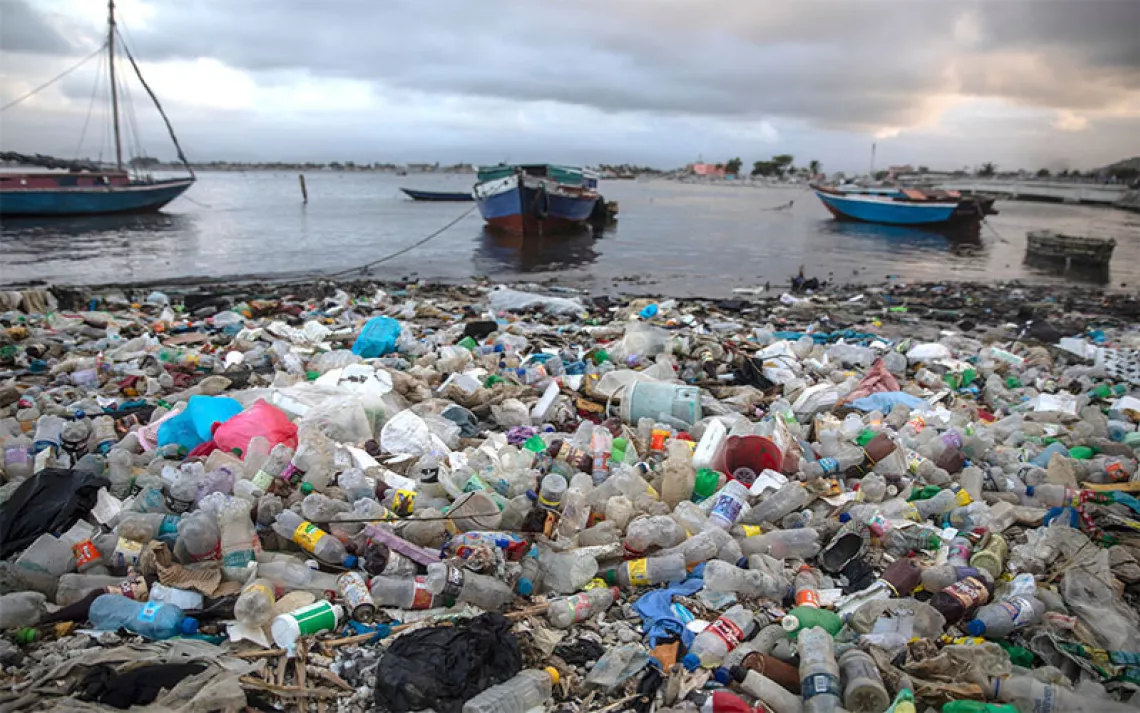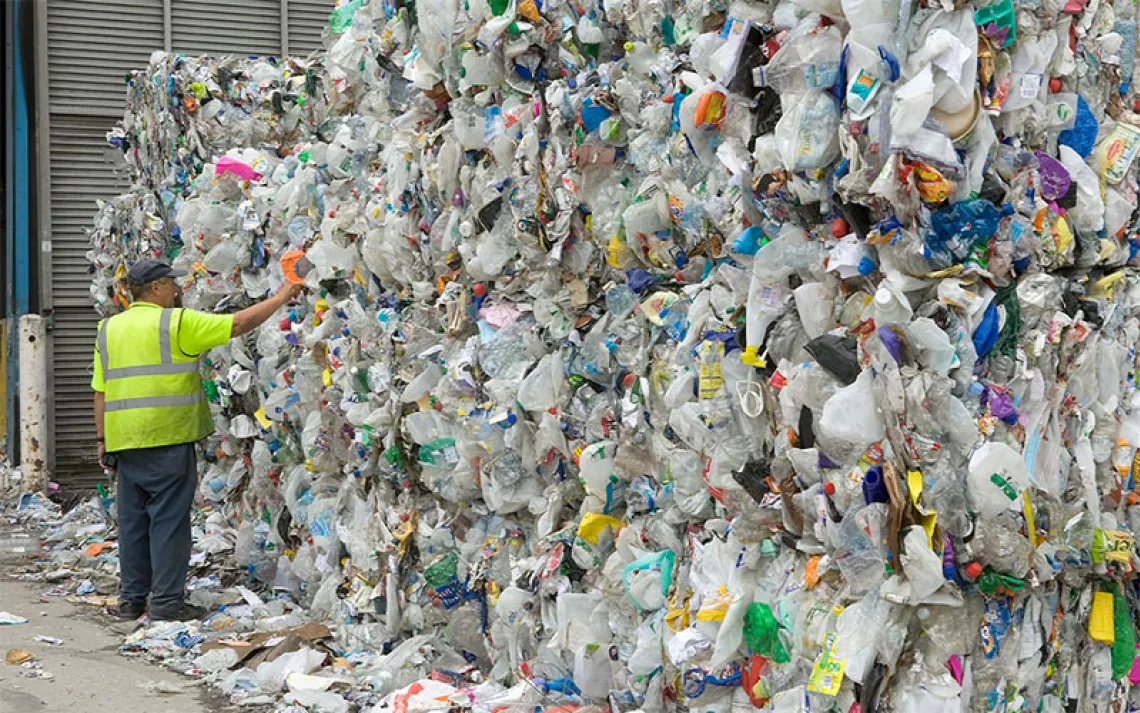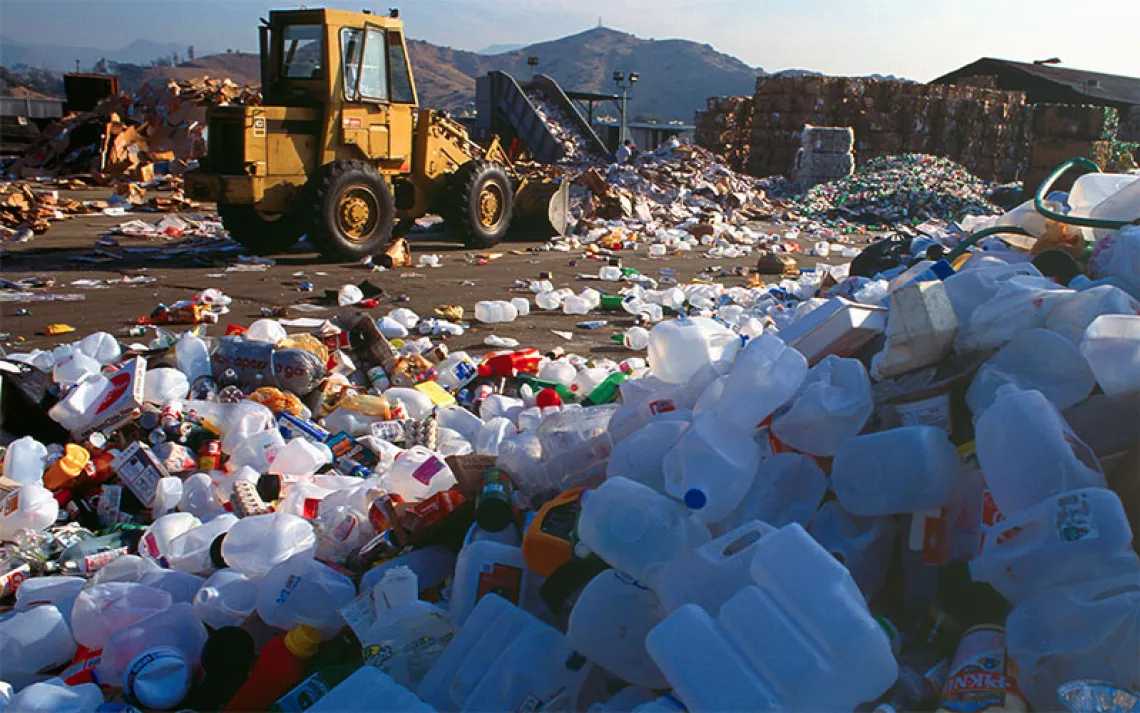Hey Mr. Green, Are Plastic Cups Poisonous?

Photo by iStock/hxdbzxy
Hey Mr. Green,
Given the recent concerns about the chemical bisphenol A in plastic containers, I wonder if my plastic cups are safe. I notice that some companies are now advertising BPA-free ones. So do those we now have contain BPA?
—Judy in Hendersonville, North Carolina

Sign up to receive Sierra News & Views
Get articles like this one sent directly to your inbox weekly.
With this action you affirm you want to receive Sierra Club communications and may vote on policy designated by the Sierra Club Board.
Scientists have uncovered possible links between BPA (an endocrine disruptor) and an increased risk of breast and prostate cancer, genital abnormalities, attention-deficit hyperactivity disorder, diabetes, early puberty in girls, and harm to wildlife. My immediate reaction: Shun any substance even remotely suspected of producing hyper eight-year-old adolescents or of turning male fish into females.
Some scientists believe BPA can disrupt biological development, so they warn that children and pregnant women in particular should avoid exposure. Besides concern about the compound in plastic baby bottles and other containers, BPA may also exceed safe levels in some canned food and beverages. Predictably, the chemical and food industries counter with studies showing that BPA is harmless. Opponents reply that the 200-plus research papers implicating the substance are more reliable, since the industry largely funded its own studies.
As you note, some companies have stopped selling cups and bottles containing BPA. Nalgene, whose popular bottles caused a furor, has phased out its use of BPA, even while contending that it's safe. General Mills makes the same claim, though it has eliminated BPA from its canned Muir Glen products.
As for your cups, if they're opaque, they're probably OK. The clear shatterproof kind and those with the number 7 recycling label on the bottom are most suspect.
We'll have to wait a while for the full story, however. The EPA has announced new studies, while the National Institutes of Health has initiated a $30 million research effort, scheduled for completion late next year.
 The Magazine of The Sierra Club
The Magazine of The Sierra Club



